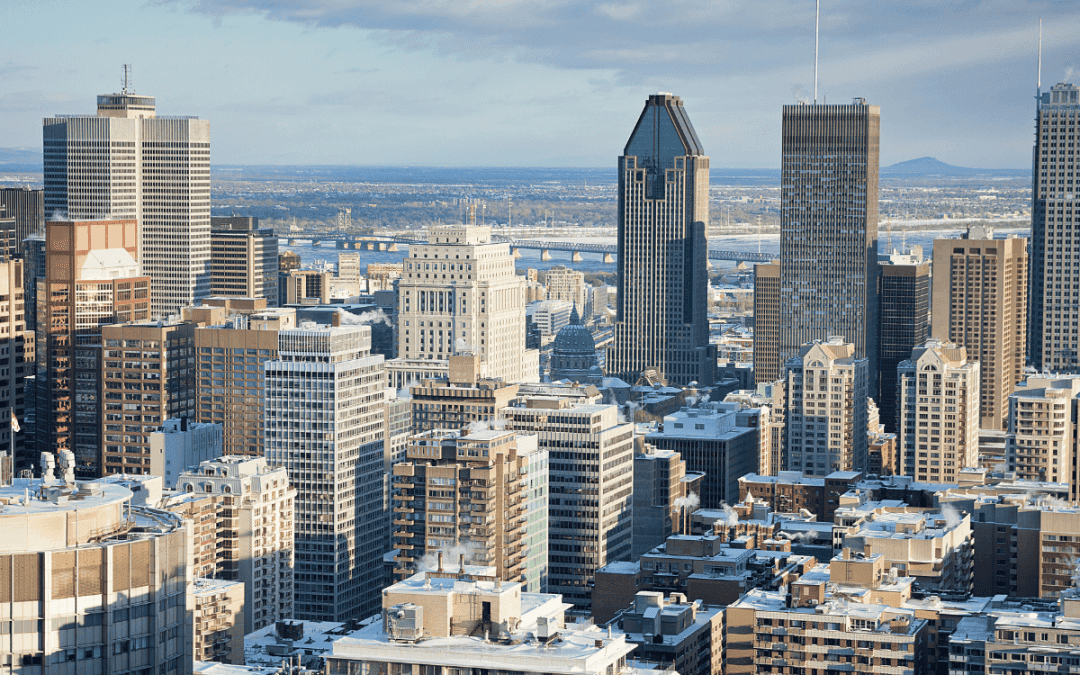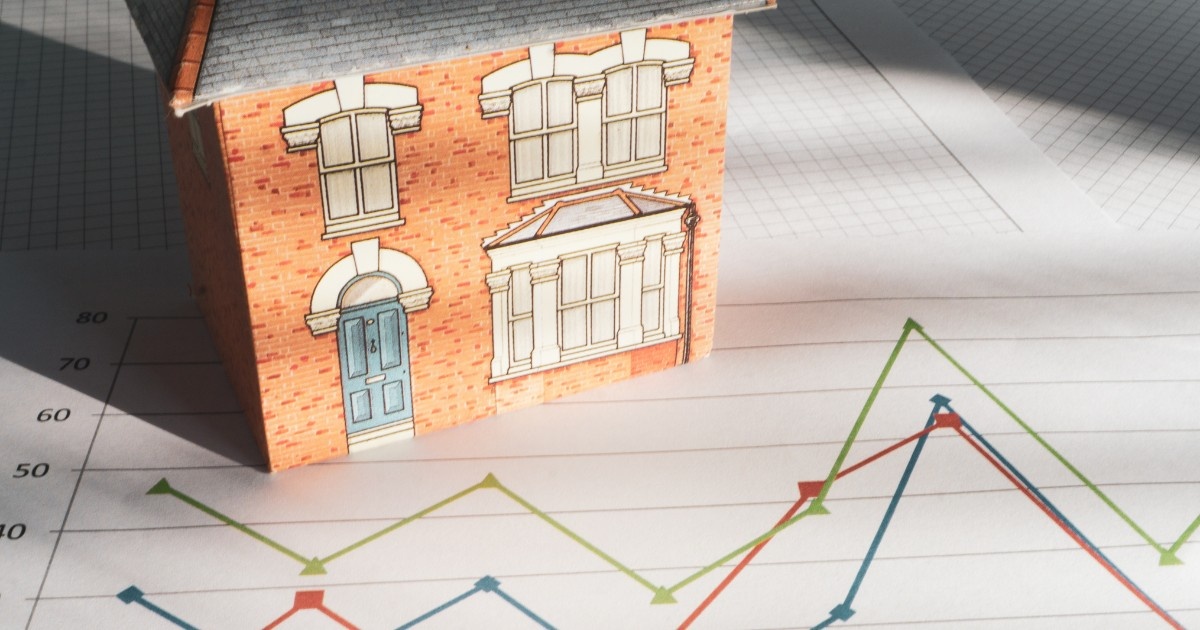The Quebec Professional Association of Real Estate Brokers (QPAREB) is reflecting on 2022 and forecasting what 2023 will bring for the province’s real estate market.
According to the QPAREB, this past year saw record median prices for all property categories, with the cost of single-family homes experiencing a 13 per cent increase over 2021.
However, sales dropped by 20 per cent in 2022, marking a historic decline after reaching unprecedented levels during most of the pandemic period.
Despite the drop in sales, the year still ranked well above the average of the past ten years in activity, with an estimated 88,000 sales, according to the real estate brokers’ Centris provincial database.
“It turns out that the magnitude of interest rate increases defied all predictions,” explains Charles Brant, director of the QPAREB’s Market Analysis Department.
“The key interest rate rose by four percentage points in less than 10 months, primarily due to runaway inflation and the outbreak of the Ukraine conflict. The resulting resale market turbulence over the first six months of the year was fuelled by the number of variable rate mortgages.”
Price correction attributed to rising interest rates
The sharp rise in interest rates led to a price correction in the second half of 2022 after substantial gains at the start of the year, says the QPAREB.
The association attributes the correction to buyers being unable to qualify for mortgages, leading to a decrease in the number of buyers and an easing of overheated conditions in the market.
Regions more inclined to the overbidding phenomenon quickly experienced price corrections, particularly the Gatineau and Montreal areas.
Several other markets were even more reactive in their price correction, says the QPAREB, in particular, resort markets such as Mont-Tremblant, Rawdon, Saint-Adèle or even markets adjacent to the Montreal region such as Saint-Hyacinthe and Granby.
Market conditions continue to favour sellers
The QPAREB notes that market conditions still largely favour sellers, despite the sharp decline in sales and quick price correction.
Although active listings are up in many markets, they remain historically low. The number of months required to sell the inventory of properties is significantly below the balanced market threshold, with sellers continuing to benefit from a favourable bargaining power, says the QPAREB.
What will 2023 bring?
Looking ahead to 2023, the QPAREB predicts that the market will continue to be affected by the rise in interest rates. Still, sales are expected to increase gradually due to the return of buyers who could not enter the market in 2022.
In Quebec City, the QPAREB expects sales to return to a rate more in line with its historical average, while Montreal should stabilize around a level comparable to that of 2016.
Brant says, “Overall, the residential real estate market in the province of Quebec should continue to slow in 2023, although at a rate half that of 2022, i.e., with a nine per cent drop in sales.
“At this rate, market conditions should remain either favourable to sellers or close to a balanced market, depending on the market. Consequently, median prices for single-family homes in Quebec should fall by only five per cent compared to 2022.”
Demand continues to outweigh supply
The association notes the housing deficit will not make it possible to cope with demographic changes, citing the slowdown in housing starts provides little opportunity to rectify that.
The QPAREB expects the continued supply shortage may stabilize the market and result in more balanced conditions while avoiding a swing in favour of buyers.















